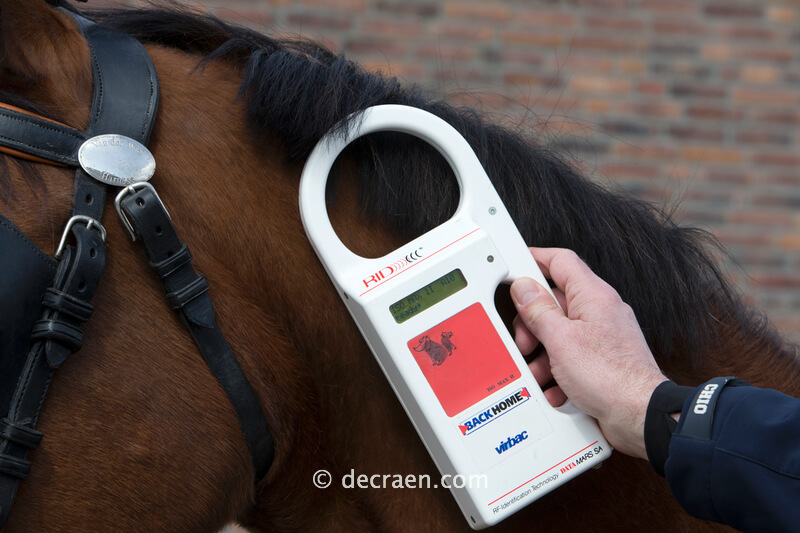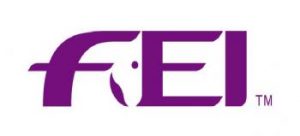24 June 2022
Sanctions FEI health requirements EHV-1 updated
The FEI has updated the sanctions for the EHV-1 health requirements. These sanctions relate to non-compliance with the equine health requirements introduced last year in response to the severe EHV-1 outbreak in Europe. This system has been in place since November 1, 2021.According to the modifications approved, three further levels will be added prior to imposing a horse suspension therefore giving every Person Responsible (PR) ample opportunity to fully understand the importance of the Horse Health Requirements and comply.
Another important update is the possibility of missing more than one temperature recording during an FEI Event, prior to a sanction being issued. Suspensions will be enforced only after a horse has finished competing at an event at which the relevant sanction has been received. When a horse is blocked or suspended, 10-day temperature recordings will no longer be required.
“Another useful development is the improved functionality of the FEI HorseApp which is the essential management tool for the Horse Health Requirements,” Gaspard Dufour, FEI Director Information and Sports Technology said. “A new home page in the form of a dashboard for use by PRs will be added. It will allow the athletes and grooms to see the status of every single horse entered for each upcoming show providing greater clarity.”
The updated sanction system will be applied for all FEI Events starting as of Monday 4 July 2022 in mainland Europe and will apply as of 1 September 2022 worldwide; the requirements that must be fulfilled have not changed.
78% fulfilled requirements correctly
“The severity of the EHV-1 outbreak on mainland Europe had devastating consequences for the entire equine industry”, FEI Secretary General Sabrina Ibáñez commented. “The FEI had to act diligently and impose strict requirements in order to preserve the sport as well as the entire industry and prevent further harm.”
“Since the Horse Health Requirements came into force over six months ago, 78% of the horses competing on mainland Europe have fulfilled them correctly. Out of the remaining 22%, 18% received warnings and 4% were sanctioned. We are well aware of the criticism but also of the useful feedback some of these actions have generated. We have taken onboard the valuable suggestions the community has sent us and have made every effort to improve the system so it is better aligned with the biosecurity risk posed at the various events. Our objective, as always, is to serve the community in the best possible way.
Source: FEI

Photo: Rinaldo de Craen








